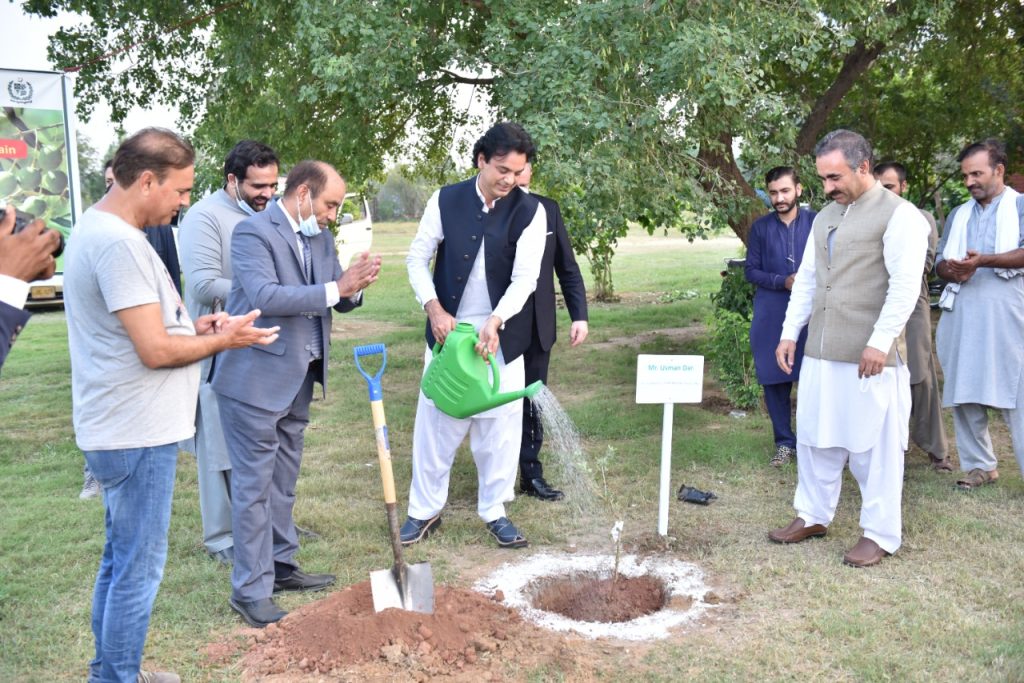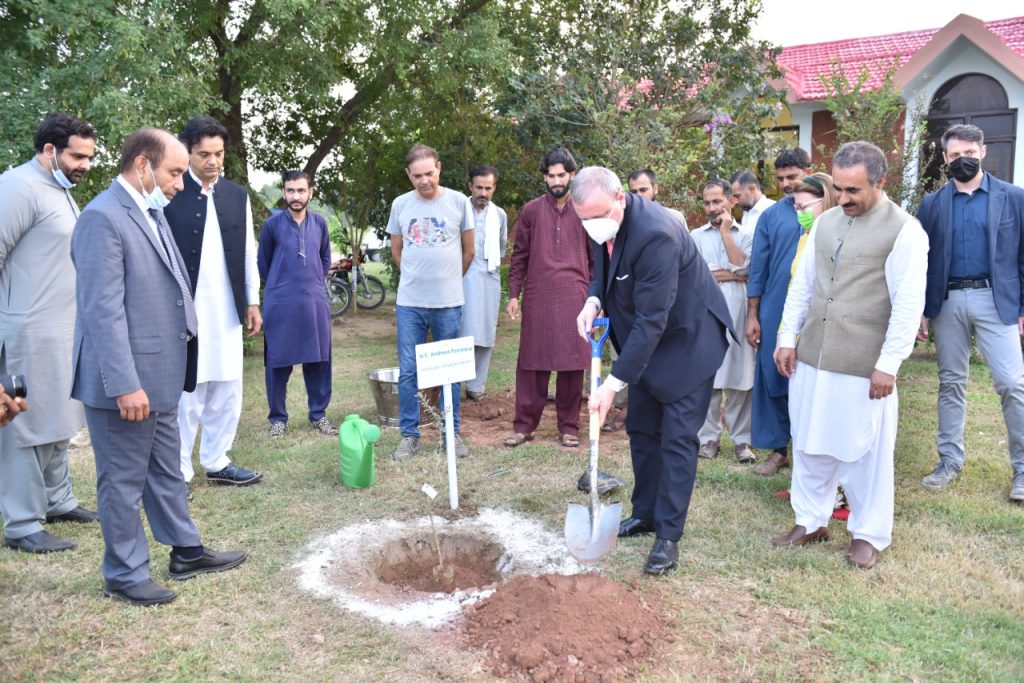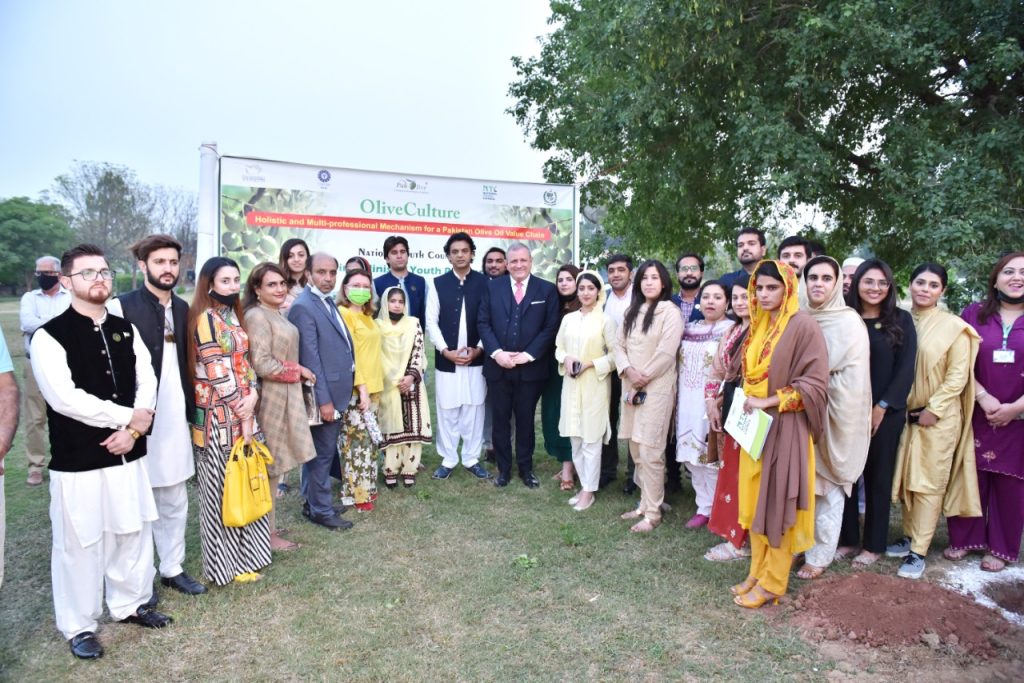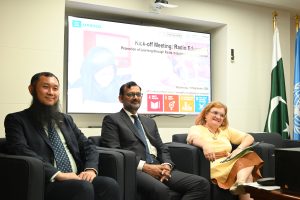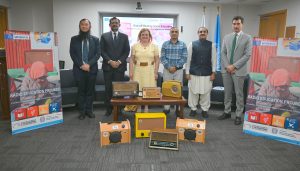The Foreign Minister, Luigi Di Maio, recently concluded his mission in the countries of the region and in Qatar, with a day in Pakistan, where he met the national authorities in order to evaluate forms of collaboration and support from Italy, regarding the possible humanitarian emergency that puts refugees from Afghanistan at the center of attention.
The start of the Italian development cooperation with Pakistan coincides in fact with the beginning of the exodus from Afghanistan 40 years ago. Over the years, a solid relationship has been achieved with Pakistani institutions for the development of remote communities as well as their support in the event of natural disasters even beyond the Afghan crises and a growing bridge between the academic and business realities of the two countries based on the great human and technological.
Italy, much loved in Pakistan, is hosting one of the most numerous Pakistani diasporas in the European Union.
The visit of the Minister of Foreign Affairs will give further impetus to the close collaboration between the two countries to strengthen mutual coordination on regional and international issues and in the field of development cooperation, initiatives and exchanges between the two countries at university and entrepreneurial and individual levels, intensifying trade and investment.
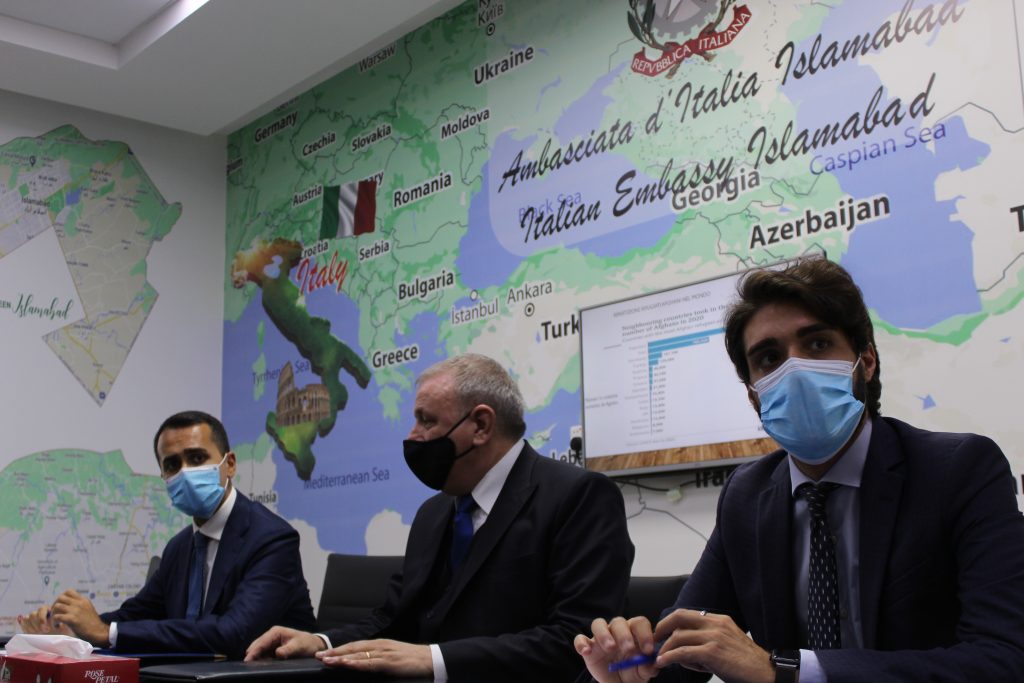
During the meeting held at the Italian Embassy, Emanuela Benini, director of the Islamabad office, introduced the Italian colleagues involved in the refugee issue in the presence of Ambassador Andreas Ferrarese and the rest of the delegation. At the moment, the flows of civilians moving to the neighboring countries of Afghanistan are manageable. “Everything, however, risks degenerating in the coming months due to a possible food and economic crisis.”, Highlighted Minister Luigi Di Maio.
The Cooperation between Pakistan and Italy is characterized by projects in the sectors of the Environment, Agrifood with a focus on olive growing, university training and entrepreneurial connections for youth employability, internal and sustainable tourism as income for remote communities, the precious cultural and natural heritage, possibly through an Italian-Pakistani network, companies and institutions.
This framework is open to the possibility of working, as already done, in areas where people from Afghanistan pre-exist or will concentrate. “Italy is there and will make its contribution felt also thanks to the Italian Plan for the Afghan people, which we are carrying out at the MAECI in coordination with the other ministries involved. We cannot leave anything to chance. ”, the Minister said.
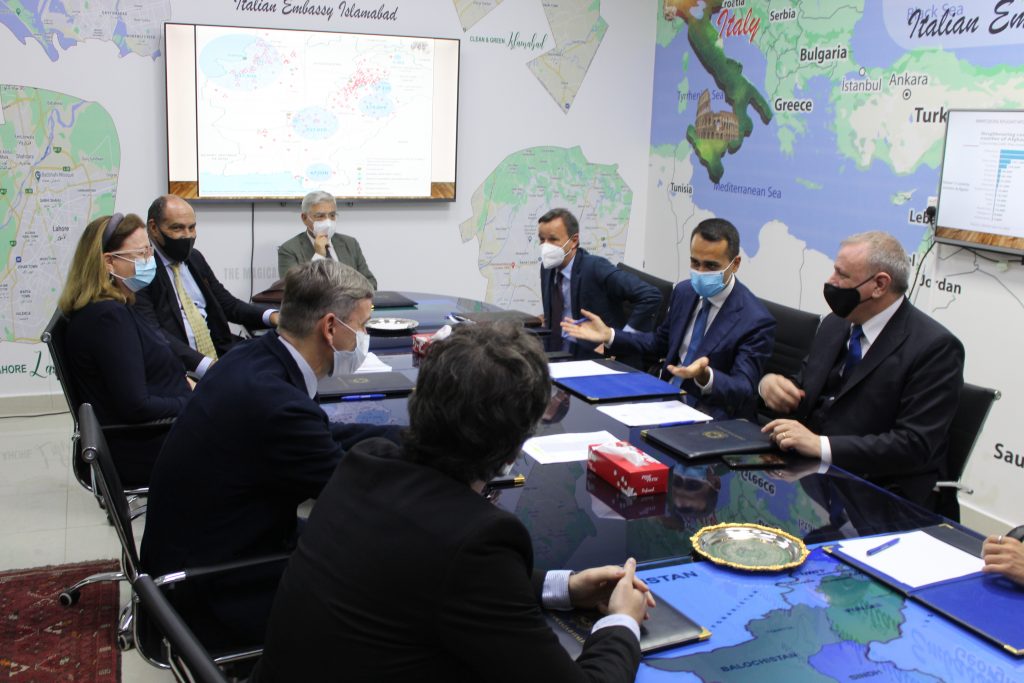
Furthermore, addressing the director during the visit to the embassy offices, Minister Di Maio wanted to underline the fundamental role of Development Cooperation in the country. The minister also met with Pakistani Prime Minister Imran Khan and his counterpart Shah Mahmood Qureshi, who reiterated that the international community should remain committed to Afghanistan to prevent economic collapse and a terrible humanitarian crisis. “In view of the evolving situation in Afghanistan, the international community has a responsibility to show solidarity with the Afghans,” Minister Qureshi said. Minister Di Maio thanked Pakistan for the role it played in the evacuation of Italian citizens from Afghanistan.

